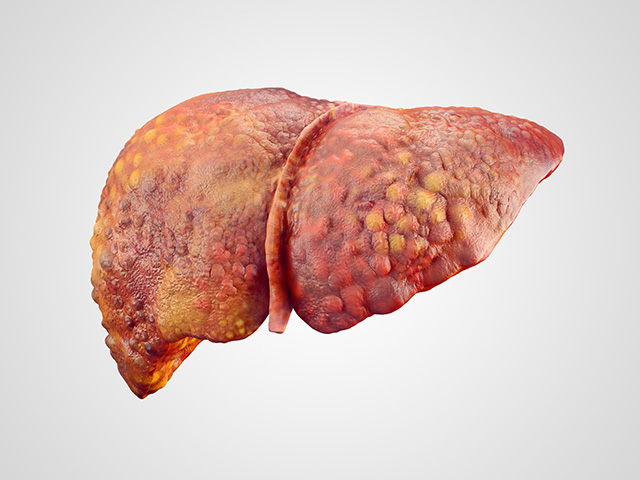The negative effects of statins on the brain
02/04/2019 / By Tracey Watson

Statin drugs, prescribed by doctors to reduce high cholesterol levels and supposedly prevent heart attacks and strokes, are the second most prescribed drugs in the world, after the painkiller hydrocodone. Since one in five Americans between the ages of 40 and 75 take these drugs regularly, it is likely that you are acquainted with at least one person who is doing so.
Nonetheless, even though doctors hand out statins like candy, several studies have confirmed that they carry serious side effects. And the vast majority of patients are blissfully unaware of just how dangerous – and indeed, ineffective – they are.
One of the greatest concerns raised by experts is the potential for statins to cause damage to the brain, triggering memory loss and dementia.
The link between increased statin use and the dementia epidemic
As noted by the organization Be Brain Fit (BBF), there has been a massive increase in the number of Americans taking statin drugs like Crestor and Lipitor in recent years. At the same time, there has been an astronomical increase in the number of people experiencing memory loss, dementia and Alzheimer’s disease, which is now the sixth leading cause of death in the United States. BBF suggests that these two statistics may be no coincidence.
People are generally only told about the link between cholesterol and heart disease, but cholesterol also has incredibly important functions in the body. It is found in particularly high concentrations in the brain, with more than 60 percent of this important organ consisting of fat. The brain uses cholesterol to manufacture neurotransmitters, the chemicals which enable brain cells to communicate with each other. Neurotransmitters are also responsible for regulating mood, as well as facilitating focus and the ability to remember things, learn new things and cope with stress.
When normal neurotransmitter activity is disrupted, psychiatric disorders and nervous system diseases can be triggered.
For this reason, doctors admit that high cholesterol levels help prevent dementia in the elderly but will not admit the inverse: that low cholesterol levels can be linked to an increased risk of Alzheimer’s and other forms of dementia.
Memory loss is a documented side effect of statin drugs
Interestingly, the manufacturers of statin drugs are fully aware of their ability to interfere with memory and learning and to cause “brain fog.” In fact, these side effects are listed on the insert of every statin prescription bottle.
The reasons for this link are explained by Be Brain Fit:
Statins decrease the production of CoQ10, a nutrient that’s protective of both the heart and the brain.
CoQ10 deficiency is believed to be responsible for the fatigue and muscle pain commonly experienced from statin drug use.
Some people get very irritable, depressed, anxious, or even suicidal when taking these drugs or when following a low-fat diet.
The U.S. Food and Drug Administration requires that warning labels state that statins can cause memory loss as well as mental confusion, liver problems, and type 2 diabetes.
Statins can lead to diabetes at an alarming rate.
Research has found that nearly half of women who take these medications eventually develop diabetes, a disease which greatly increases your risk for dementia. (Related: Learn more about maintaining brain health as you age at Alzheimers.news.)
Yes, heart disease is a killer. In fact, it is the leading cause of death in the United States. Does that mean that the benefits of taking statin drugs outweigh the risks? No. It means that we all need to work hard to prevent heart disease – a condition that even mainstream medicine admits is entirely lifestyle induced. Maintaining a healthy weight, eating unprocessed, organic foods, and exercising regularly will prevent heart disease naturally. And the only side effects will be energy, vitality and longevity.
Sources include:
Tagged Under: aging, Alzheimer's disease, Big Pharma, brain function, brain health, cardiovascular disease, cholesterol, Crestor, dangerous drugs, dementia, elderly, heart attack prevention, heart disease, heart health, lifestyle, Lipitor, longevity, memory loss, mind body science, prevent dementia, seniors, side effects, statin drugs, statins, stroke prevention



















